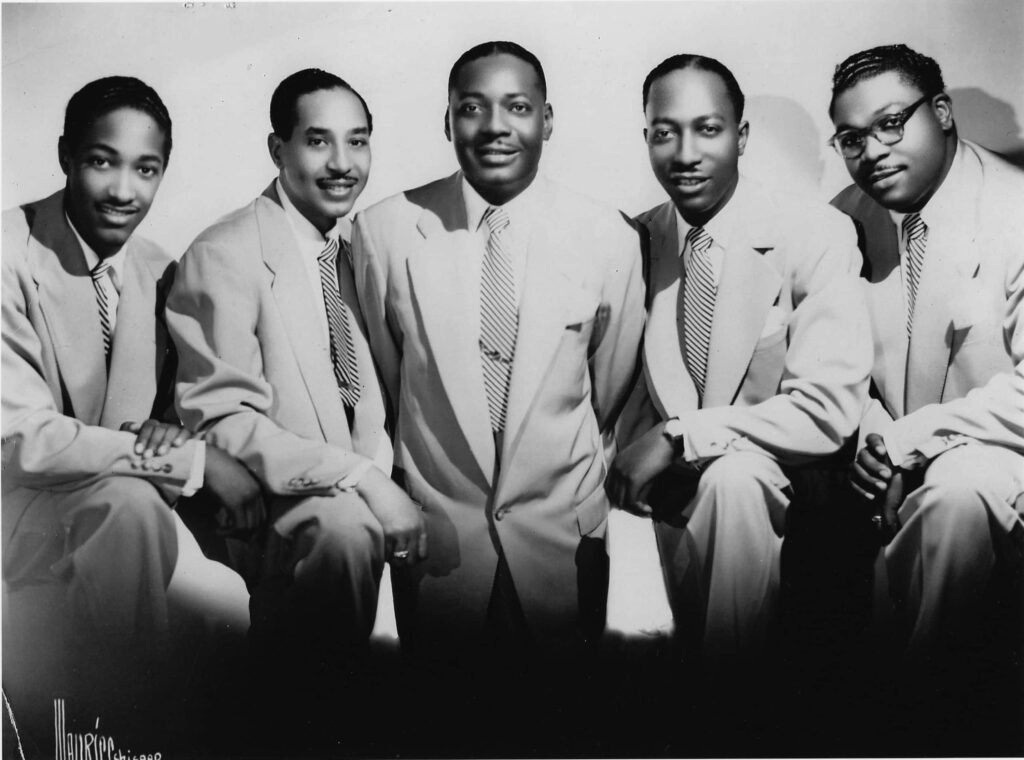Sam Cooke, also known as The King of Soul, was no ordinary musician. He was the voice that bridged the worlds of gospel and secular music, brought soul to the mainstream, and used his art to amplify the cry for justice during one of America’s most turbulent eras.
Born in 1931 in Clarksdale, Mississippi, he grew up singing in his church choir. His big break came as the lead singer of The Soul Stirrers, which were among the most-played gospel acts on Black radio stations, bringing spiritual music to millions of listeners. By the early 1950s, Cooke’s velvety tenor and magnetic charisma had transformed the group into a sensation.

But Cooke had bigger dreams. He saw the potential to merge the emotional power of gospel with the mass appeal of pop—a daring move at the time. In 1957, he released “You Send Me,” his first major single under his new name. The track topped the Billboard charts, selling over two million copies. Gospel purists may have frowned, but the world was now wide awake to Sam Cooke’s magic.
Sam Cooke didn’t just create music; he absorbed it like a sponge. Influenced by the melodic clarity of Nat King Cole and the raw emotional power of Ray Charles, Cooke developed a sound that was both sophisticated and soulful.

His collaborations were equally impressive. He worked with Lou Rawls, Aretha Franklin, and even Bobby Womack, whom he mentored early in his career. These partnerships added depth and richness to his recordings, making every track feel like a masterpiece. Cooke’s backing band frequently included top-tier session musicians like members of The Wrecking Crew, ensuring that his records sounded polished yet profoundly human.
Cooke wasn’t just a voice—he was a visionary. In an era when Black artists were often exploited by record companies, Cooke carved out his own lane. He founded SAR Records in 1961, becoming one of the first Black musicians to own a label.Why does that matter? By controlling his music, Cooke ensured that the profits stayed in his community. SAR Records nurtured artists like The Valentinos and Johnnie Taylor, planting seeds for future R&B stars.
His savvy didn’t stop there. Cooke also owned his own publishing company, an unheard-of move for a Black artist in the early ’60s. This level of control wasn’t just about money—it was about creating a legacy that other artists could follow.

Among his prolific musical production, arguably Cooke’s most enduring contribution is the 1964 anthem “A Change Is Gonna Come.” Inspired by Bob Dylan’s “Blowin’ in the Wind” and Cooke’s own experiences with racism, the song was written during a deeply personal moment. After being denied entry to a segregated hotel in Louisiana, Cooke channeled his pain into this hauntingly hopeful ballad.
The orchestral arrangement was groundbreaking for a soul track, and Cooke’s delivery—filled with quiet anguish and unshakable resolve—captured the essence of the civil rights movement. Released shortly after his death, the song became a rallying cry for change, resonating with activists like Dr. Martin Luther King Jr.
Today, “A Change Is Gonna Come” remains a timeless masterpiece, often covered by artists ranging from Otis Redding to Beyoncé. The Library of Congress even inducted it into the National Recording Registry as one of the most significant recordings in American history.
Cooke’s life was tragically cut short on December 11, 1964, in a shooting at a Los Angeles motel. Official accounts claim it was self-defense, but the circumstances remain controversial.
Despite his untimely death, Cooke’s impact endures. His soulful sound laid the groundwork for legends like Marvin Gaye, Stevie Wonder, and Al Green. Today, his music is streamed by millions every month, and his influence is felt across genres—from R&B to rock to hip-hop.


Sam Cooke’s story isn’t just about music—it’s about breaking barriers and demanding better. He transformed soul into a platform for change, proving that art can do more than entertain; it can inspire revolutions.
So, the next time you hear his silky voice crooning, remember: you’re listening to a pioneer, a rebel, and a legend who paved the way for generations to come.
